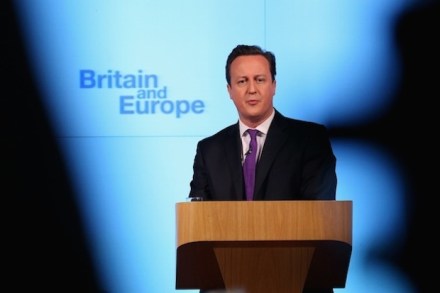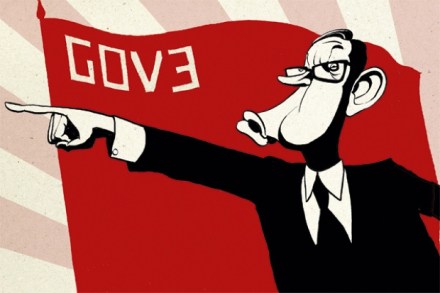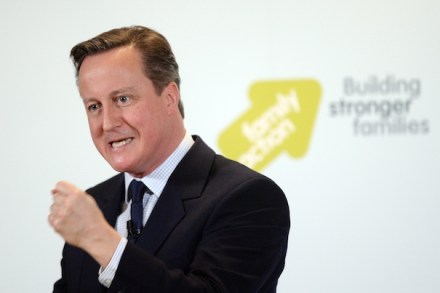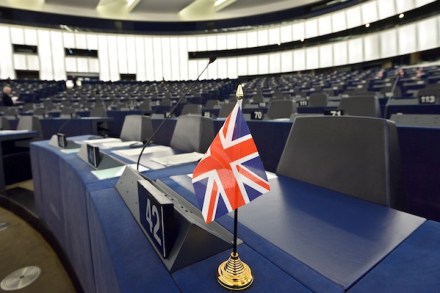Draft EU deal: five things you need to know
David Cameron is insisting that there is more work that needs to be done on the draft deal for Britain’s relationship with Europe published by Donald Tusk today. But here are the key points about that draft deal so far: 1. Cameron has got a weaker benefits deal. As explained here, the Prime Minister has not got his four year ban on in-work benefits for migrants that he originally set out to get, nor has he got the ‘emergency brake’ that he was pushing for over the weekend. Instead, Britain will be able to limit in-work benefits for new EU migrants over a four year period, starting with no benefits at



















